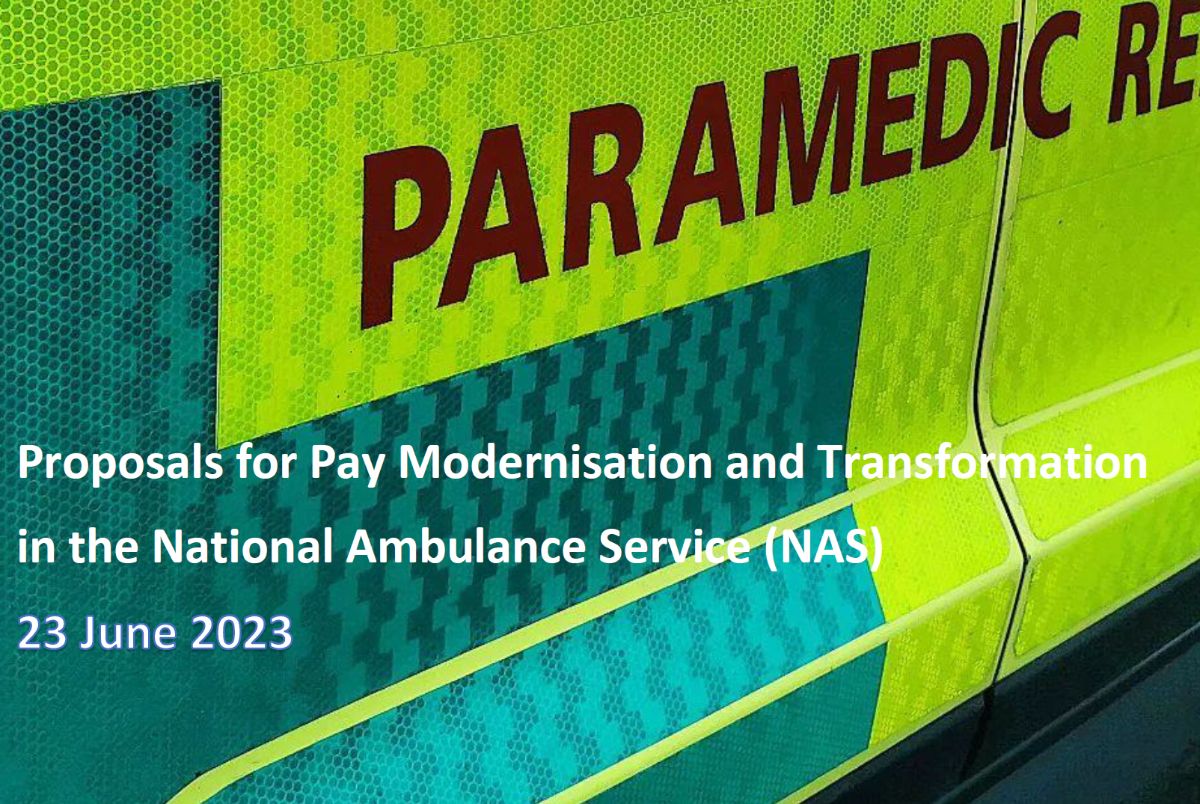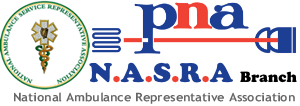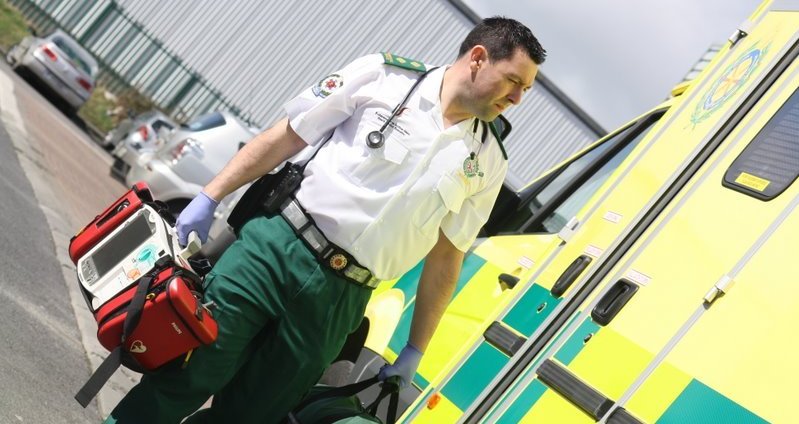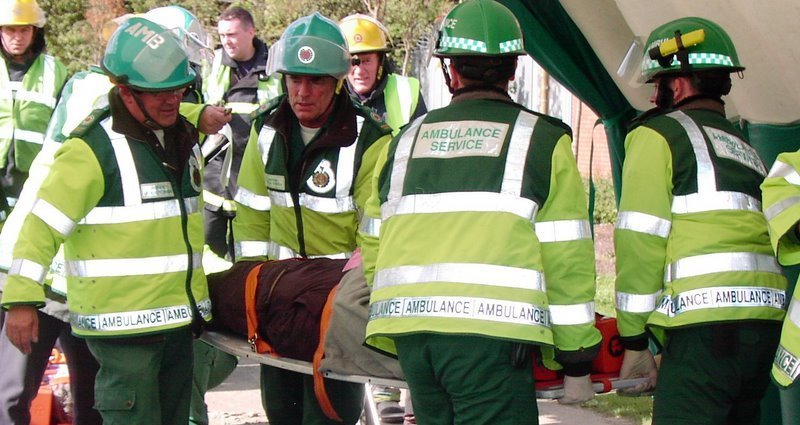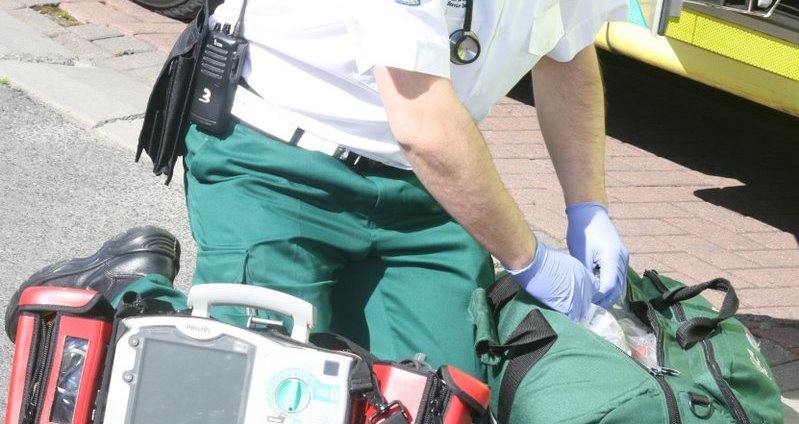Dear Members
Following several queries, it is important that PNA, NASRA branch clearly explains its position on the proposed document on modernisation and transformation.
NASRA does not endorse the proposed document on modernisation and transformation. It is NASRA’s strongly held view that the initial draft proposal to be balloted on stops a long way short of staff expectations, all of which are legitimate and by now well documented.
(CLICK HERE to view/download for ease of Reference)
NASRA’s considered view, and that expressed by our members, is that while on the face of it the proposal highlights certain benefits in remuneration, the cost of the entire package to staff in secured terms and conditions (some unique to ourselves and hard fought for over many years) is far too expensive a price to pay for short term gains.
Even allowing for what are presented as the benefits of the proposals the uncertainty regarding interpretation of the detailed elements of the document, and their implementation, is a cause for concern for NASRA.
Despite our strongly held views on the correct approach to the modernisation and transformation process NASRA was not accepted as a party to the negotiations. Responsibility for those negotiations, and the protection of the interests of their members, and non-members, fell to the negotiating unions.
They are now obliged to ballot their members, and the outcome of the ballot will be binding on all, including NASRA members.
Regarding the proposals for ballot, the remuneration differential per week can be interpreted as significant. However, when weighed against the expected qualification for allowances and the loss of overtime rates, coupled with an unpredictable rostering arrangement (yet to be negotiated), the final outcome would appear to put most staff in an uncertain and precarious situation.
It is PNA/NASRA’s view that the abandonment of roles and responsibilities in exchange for a programme of modernisation and transformation is in itself an attempt at austerity and a means to manage the €2 billion shortfall identified by both management and the negotiating unions as the result of the excessive service demands and budget pressures during the Covid emergency.
Not only have the progressive and improved service improvements provided by staff been sacrificed, but there is the extra cost to our existing terms and conditions such as the ambulance agreements.
We are also witnessing the discarding of the principle of professionalising the service and condemning it to the status of support grade for the next twenty years. This is a regressive step with no acknowledgment of the academic achievements achieved within the service.
The replacement of these academic grades with a system of apprenticeship points to the down grading of expertise which has been building successfully within the service. NASRA’s overall assessment of this proposal is that it is a death sentence to recruitment and retention at a critical time when we are looking at a projected increase in service demand estimated at 107% over the next three years.
Faced with this level of increased demand and workload our view is that current terms and conditions should be improved not surrendered for a package that will worsen staff conditions and undermine the future development of the service.
As NASRA was not party to these negotiations, we will not be balloting our members on this proposal. However, we have raised our concerns with the national director Mr. Robert Morton in correspondence on July 21st outlining our concerns regarding the proposals but despite our efforts we still have not received a reply.
Meanwhile, the ballot process on these flawed proposals falls to the unions which NASRA members walked away from fifteen years ago on the principle that unions should be member driven from the bottom up not the top down.
The disquiet of both our members and those outside NASRA at the modernisation and transformation proposals now being presented for ballot confirms that we must proceed with the PNA/NASRA project and give staff a members led union alternative to the existing union option.
In the meantime, all we can do now is to encourage people to register their protest in the ballot box.
Tony Gregg
